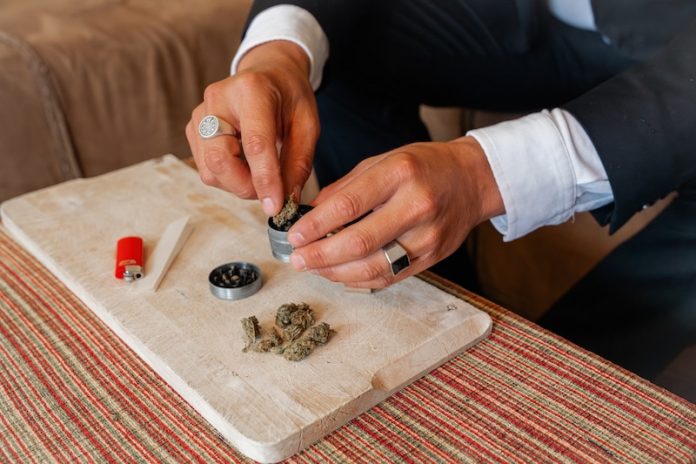
A comprehensive 20-year study conducted in Australia has yielded insights into the relationship between cannabis use and illicit opioid consumption.
The research, led by the University of Sydney, examined whether cannabis could serve as an effective long-term method for harm reduction in individuals with opioid use disorders or problematic opioid use.
Published in the American Journal of Psychiatry, this study is one of the longest of its kind, spanning from 2001 to 2022 and involving 615 individuals with heroin dependence.
Study Findings
The study found no conclusive evidence to suggest that cannabis reduces illicit opioid use effectively over the long term. Key findings include:
Lack of Evidence: The research did not provide substantial evidence supporting the idea that cannabis can effectively reduce illicit opioid use among individuals with opioid use disorders.
Ineffectiveness in Harm Reduction: Cannabis was not shown to be a reliable long-term strategy for reducing harm in those with opioid use disorders or problematic opioid use.
No Consistent Evidence: Additional analysis revealed no consistent evidence of a significant relationship between cannabis use and other forms of opioid use, including prescribed opioids.
Prevalence of Opioid Use: Opioid use is a major public health concern, responsible for more deaths and disabilities than any other illicit drug.
Opioid and cannabis use disorders constitute a substantial portion of all illicit drug disorders, accounting for approximately 77% of cases.
The findings of this study have significant implications for clinicians and policymakers, especially in the context of the global shift toward cannabis legalization and its recognition as a therapeutic product.
Some regions, such as certain U.S. states, have policies allowing patients to substitute cannabis for prescribed opioids, but this study suggests caution in relying on cannabis as a solution to the opioid crisis.
Conclusion
While cannabis use remains common among individuals with opioid use disorders, this study challenges the notion that it is a viable long-term strategy for reducing illicit opioid use effectively.
The research underscores the complexity of opioid use disorders and the need for evidence-based holistic approaches that encompass various aspects of treatment, including physical, psychological, and pharmacotherapy therapies.
These findings contribute to a more comprehensive understanding of the relationship between cannabis and opioid use, emphasizing the importance of tailored interventions for individuals with substance use disorders.
If you care about pain, please read studies about how to manage your back pain, and exercise harder if you want to ward off pain due to ageing.
For more information about pain, please see recent studies about how to live pain-free with arthritis, and results showing common native American plant may help reduce diarrhea and pain.
The research findings can be found in the American Journal of Psychiatry.
Copyright © 2023 Knowridge Science Report. All rights reserved.



